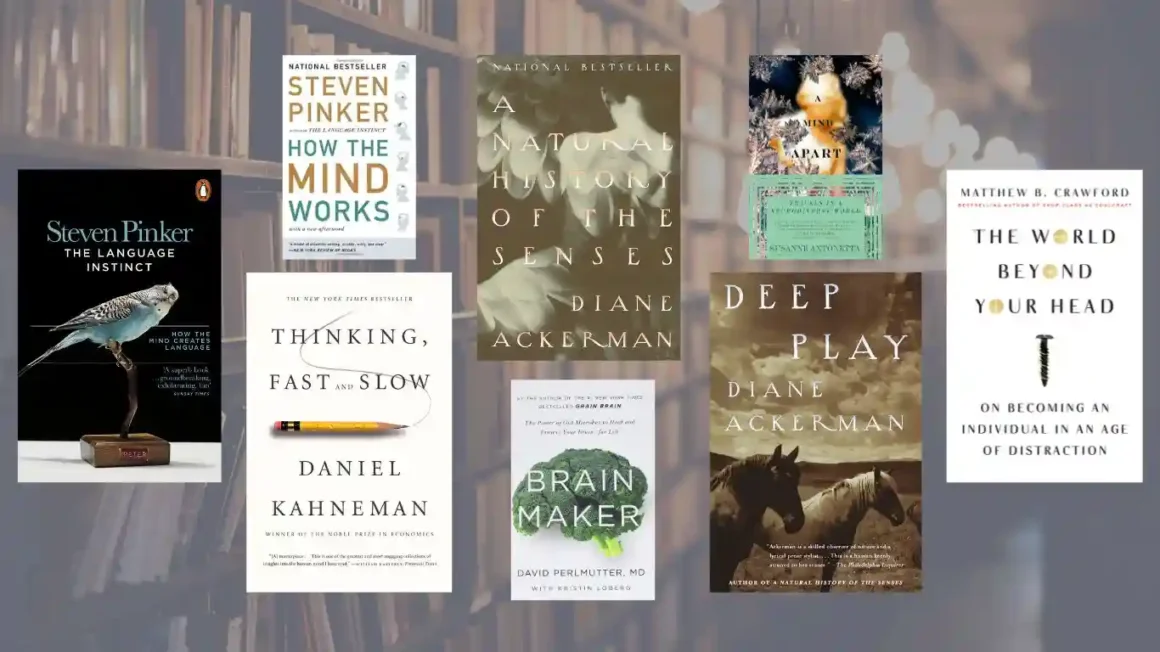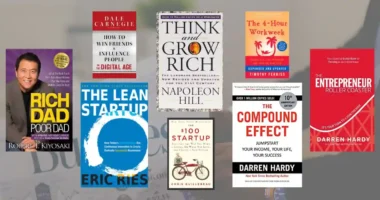- Steven Pinker weaves our enormous knowledge of language into a persuasive narrative – language is a human instinct, wi…
- The first system is emotional, intuitive, and fast.
- This book is written in an engaging and lively way about how we think.
- Human beings take their senses for granted and literature has restricted them to imagery.
- Diane Ackerman explains the realm of creativity by exploring one of the most significant aspects of human characters –…
- Steven Pinker explains what the mind is, and how it allows us to think, laugh, interact, feel, enjoy the arts, and think…
Neuroscience: Neuroscience is a comprehensive study of how the mind along with the nervous system functions and reacts to stimulations and events. For human purposes, neuroscience assists to comprehend how individuals understand and turn over the substance to memories after retention. As a consequence of parallel developments in electrophysiology and molecular biology, researchers have been able to inspect several facets of the nervous system, such as how it works, is structured, malfunctions, and its effects. In this article, we are going to read about 8 essential books on neuroscience.
8 Essential Books on Neuroscience
The Language Instinct by Steven Pinker
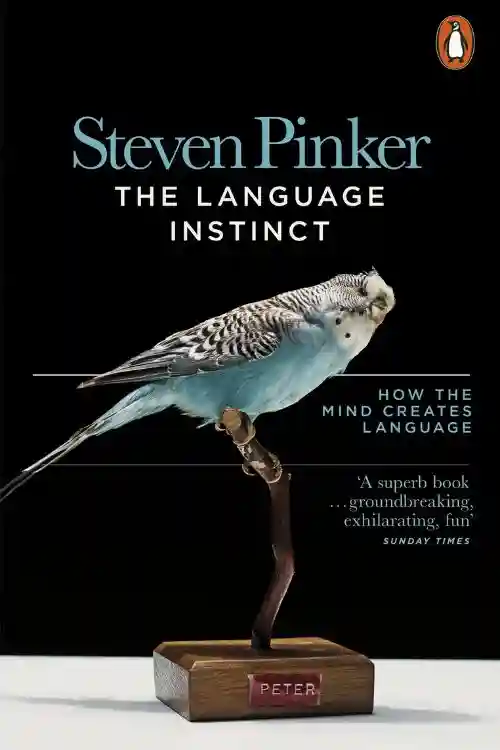
In his book, the language and mind experts explain everything you always wanted to learn about language, how children get familiar with it, how it alters, how the brain figures it, and how it evolved. Steven Pinker weaves our enormous knowledge of language into a persuasive narrative – language is a human instinct, wired into our brains through evolution.
Thinking, Fast and Slow by Daniel Kahneman

This book takes the readers on a ground-breaking tour of the brain and elaborates on the two systems that drive your thought process. The first system is emotional, intuitive, and fast. And, the second system is more logical, deliberative, and slower. The writer discloses both the capabilities and faults of fast thinking and intuitive impressions of our behavior and thoughts. This book is written in an engaging and lively way about how we think. It reveals where we can and cannot have faith in our intuitions. Kahneman also offers enlightening and practical insights into how decisions are made in both personal lives and business.
A Natural History of the Senses by Diane Ackerman
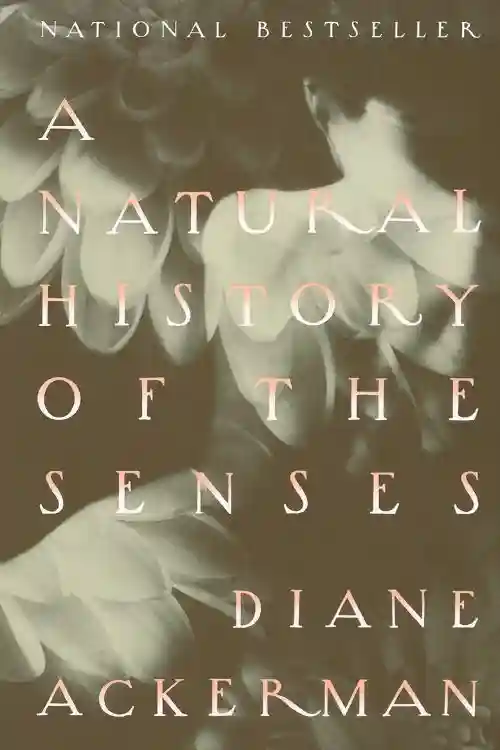
Ackerman’s sensual and holistic approach to how we sense the world would come off as an epiphany to the readers. Human beings take their senses for granted and literature has restricted them to imagery. But this book will remind you how each of our senses has its narrative; how by exploring things we explore ourselves; and how emotions and memories are correlated to definite physical triggers.
Deep Play by Diane Ackerman

Diane Ackerman explains the realm of creativity by exploring one of the most significant aspects of human characters – the ability to play. At its core, this book is about human spirituality and it delves into art, poetry, acts of physical endurance, and all the places where individuals drive their creativity and personified selves to the edges to elucidate the definition of existence.
The World Beyond Your Head by Matthew B. Crawford
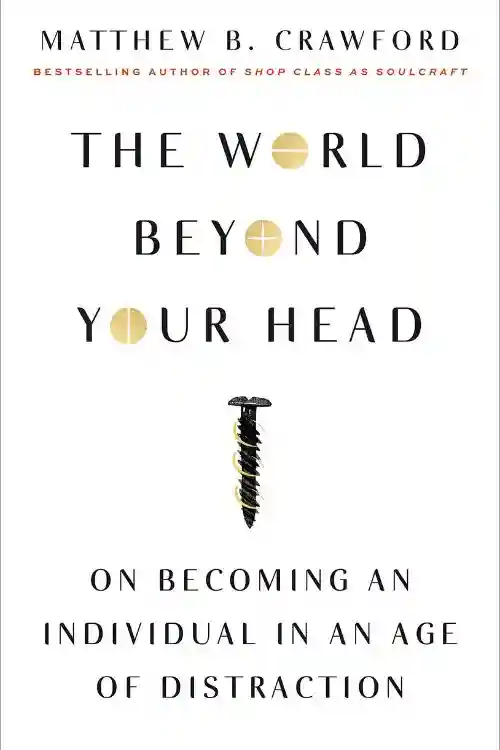
We often talk and complain about our fractured mental health and feel overwhelmed by external forces that ruin our concentration and disrupt our peace. Matthew Crawford argues, that any defense against this requires that we understand the way attention structures the individual. Crawford examines the deep focus of short-order chefs, ice hockey players, gambling addicts, and more. He explains that our present crisis of attention is only the consequence of digital technology. This book deals with and makes sense of a fascinating array of ordinary experiences.
How the Mind Works by Steven Pinker
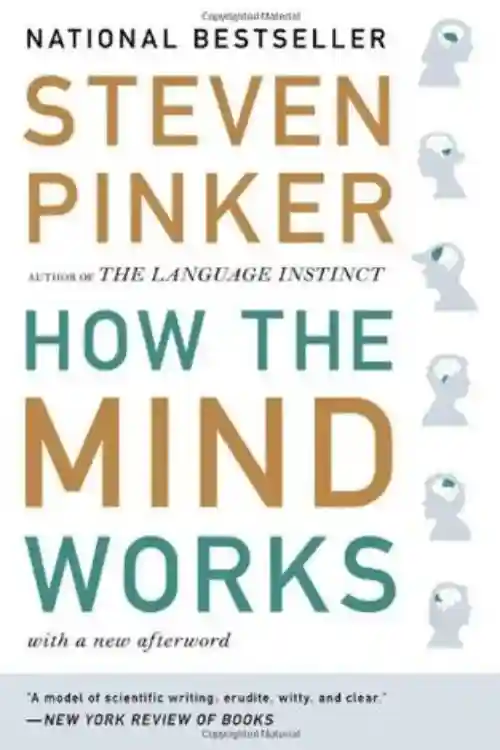
Steven Pinker explains what the mind is, and how it allows us to think, laugh, interact, feel, enjoy the arts, and think about the mysteries of life. He rehabilitates a few unfashionable notions such as that human nature was formed by natural selection, the mind is a computer; and challenges the fashionable notions such as nature is good and modern society corrupting, parents socialize their children, and passionate feelings are irrational.
Brain Maker by David Perlmutter
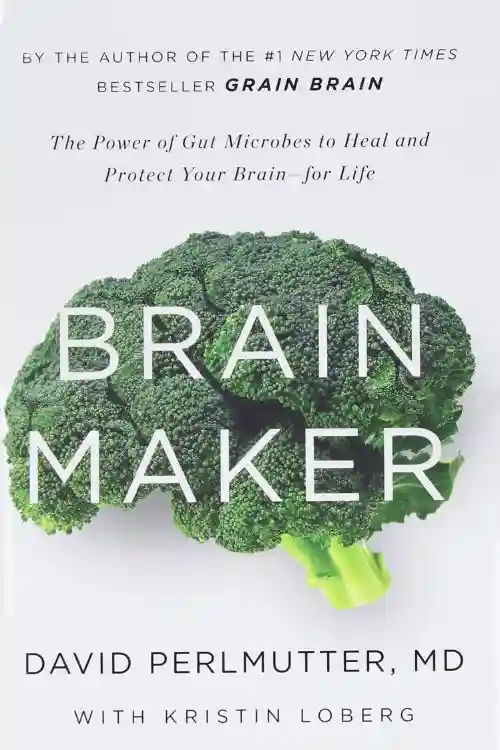
Brian disorders are on the rise, from kids diagnosed with autism and ADHD to adults developing dementia at an early age. However, a medical revolution can solve this issue. Some fascinating research is revealing that the health condition of the brain has a lot to do with our food intake. Brain Maker opens the door to unprecedented mental health potential with a practical program of six steps for improving gut ecology.
A Mind Apart by Susanne Paola Antonetta
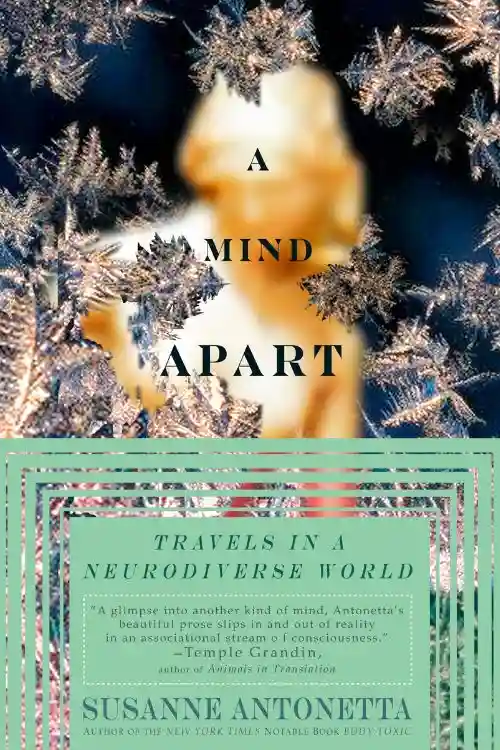
Antonetta employs an extraordinary synthesis of literary genres to draw the readers into the experience of people with neurological issues. It is a way to consider what their swap ways of distinguishing things may have to teach us. This fascinating blend of journalism, science, and memoir will reveal how much normal functioning people can learn from people suffering from disorders such as autism, Tourette’s, chronic depression, and more.
Also Read: Why Old-School Methods of Teaching Need to be Changed
